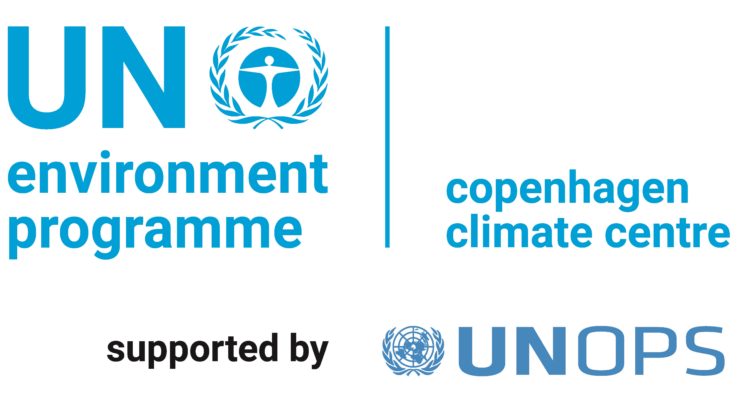Under a new agreement between UN Environment Programme (UNEP) and UN Office for Project Services (UNOPS), the UNEP Copenhagen Climate Centre will be operationally supported by UNOPS.
“The UNEP Copenhagen Climate Centre is a vital part of our mission to deliver compelling science in support of environmental decision making and climate action across the world. I would like to offer my sincere thanks to the Technical University of Denmark for hosting the centre and express my appreciation to UNOPS for taking on the responsibilities of supporting the UNEP Copenhagen Climate Centre – we are looking forward to collaborating closely,” said UNEP Executive Director Inger Andersen.
The UNEP DTU Partnership – now UNEP Copenhagen Climate Centre – was established in 1990 as a research and advisory institution and was originally based in the Risø National Laboratory, which subsequently was merged with DTU in 2007. The UNEP DTU Partnership operated based on a tripartite agreement between the UNEP, the Danish Ministry of Foreign Affairs, and the Technical University of Denmark. It supports developing and middle-income countries in their efforts to progress towards a climate-resilient, low carbon future and to integrate climate priorities in national development planning.
“The Danish support to the UNEP Copenhagen Climate Centre demonstrates a long-term Danish commitment to tackle climate change. The new Centre will be able to provide urgently needed support for developing countries to find climate-resilient and low carbon pathways. The Centre stands on 30 years of experience from the UNEP DTU Partnership,” Flemming Møller Mortensen, Danish Minister for Development Cooperation, said.
The Centre also provides support to developing countries in building national transparency systems to track and report on climate actions and their impacts and through market development and innovative business models supports governments, cities, and the private sector to act on climate change. As a part of its tasks, the Centre has managed the production of UNEP’s flagship reports on climate change; the Emissions Gap Report and Adaptation Gap Report, since 2011.
“Climate action is a global priority and UNOPS is committed to helping our partners achieve their 2030 agenda commitments, to build a better future,” said Ms. Grete Faremo, Executive Director, UNOPS. “This new agreement builds on a firm and long-lasting relationship between UNEP and UNOPS. With UNOPS support, the Copenhagen Climate Centre will continue its important contribution working towards tackling the climate emergency”.
“I am delighted to become the first Director and share the fantastic news of the establishment of UNEP Copenhagen Climate Centre to build on our work and increase the support to countries towards a climate-resilient future using low carbon energy sources in the most efficient way. I would like to thank our partners at UNEP, the Ministry of Foreign Affairs of Denmark and UNOPS for their dedication to making the UNEP Copenhagen Climate Centre a reality,” Said Susanne Pedersen, previously head of UNEP DTU Partnership, now director of UNEP Copenhagen Climate Centre.
UNEP Copenhagen Climate Centre employs 60 staff and is located within UN City in Copenhagen, Denmark.
